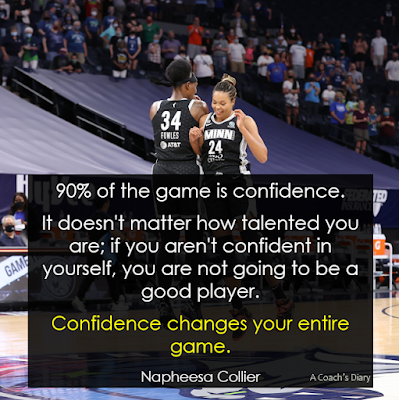Landry Fields: Making Peace with the Pit

Landry Fields played 5 seasons in the NBA and is the GM of the Atlanta Hawks. In an interview with Brett Ledbetter and What Drives Winning, he says when working with his young guys, he likes to map out a journey of development that everyone goes through that is a mix of The 4 Stages of Competence and The Hero’s Journey. The 4 Stages of Competence is a model that describes the learning process, including the inevitable need to overcome struggles and obstacles. He says this helps bring language to our experiences and the feelings that come with those feelings. Here are the 4 stages: Stage 1: Unconscious Incompetence: Blind Confidence You have blind confidence because you don’t know what you don’t know, and your excitement and innocence have not been tarnished by struggle or reality. This is like a rookie being drafted into the NBA or someone getting a new, great opportunity. Stage 2: Conscious Incompetence: No Confidence He calls this The Fall. When you face obstacles and adversity, you ...







